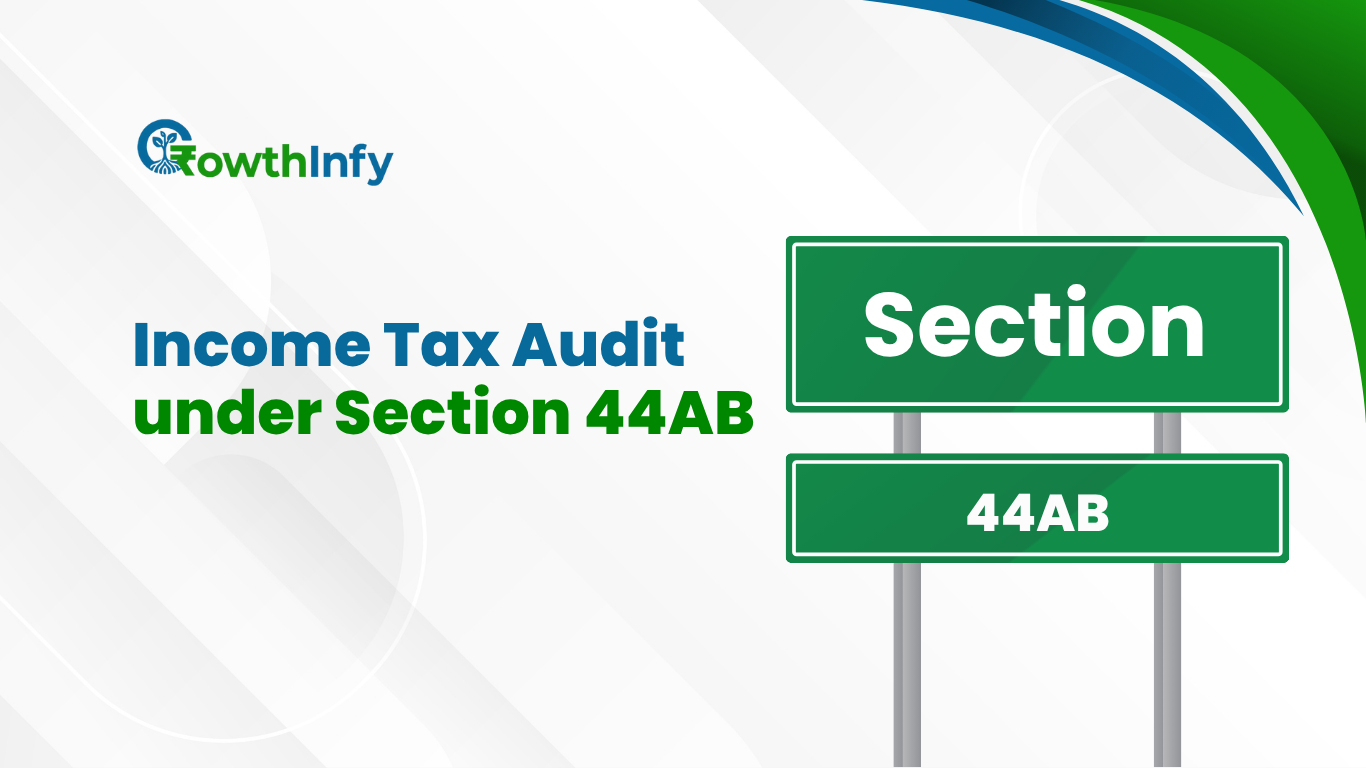Understanding Clubbing of Income Rules in India
In the Indian income tax regime, clubbing of income is a very important concept for assessing income tax planning. Any misunderstanding of these provisions could create a tax liability or impose a penalty that could have been avoided. This article will look at what clubbing of income means, what rules are to be followed, what exemptions exist, and what legal ways can be used to avoid or reduce certain obligations to ensure assessee does not encounter unintended tax liabilities, as well as other information about the recent 2021 amendments.
What Does Clubbing of Income Mean?
Clubbing of income refers to the process of including the income of a spouse, a minor child, or other specified relatives in the income of the taxpayer for tax calculation. This common law has been applied to discourage taxpayer tax avoidance schemes where individuals transfer assets or income to family members in order to minimize tax. For example, if you give money to your spouse and they put the funds in a fixed deposit, the interest earned will be clubbed with your income, not with your spouse’s income.
The main aim is to make sure that income effectively stays taxable in the hands of the person who effectively controls the asset. This applies to a variety of income sources, such as property, fixed deposits, shares, mutual funds, and post-office savings. Therefore, understanding what clubbing of income means is important in order to effectively plan your finances in India.
Key Clubbing of Income Rules Under the Income Tax Act
The clubbing provisions, outlined in Sections 60-64 of the Income Tax Act, 1961, and updated in the Income Tax Bill, 2025, specify scenarios, persons, and conditions for clubbing. Below are the key rules:
1. Transfer of Income Without Asset Transfer (Section 60)
If you assign a revenue source (e.g., rent) to another person without assigning the underlying asset (e.g., property), that revenue will be included in your taxable income. For example, if you have a shop and assign the rent of that shop to your friend, you are still subject to tax on that income.
2. Revocable Transfer of Assets (Section 61)
Income from assets transferred with a condition that allows you to revoke the transfer is clubbed with your income. This ensures taxpayers cannot temporarily shift income to avoid taxes.
3. Income of Spouse (Section 64(1)(ii) and (iv))
If you own a significant interest in a business (20% or more voting power or profit share), any salary, commission, or fees that your spouse earns will be clubbed with your income, unless based on your spouse’s technical or professional qualifications. Furthermore, income earned from any property that was transferred to the spouse without adequate consideration (i.e., gifted property) will be clubbed with the income of the transferor.
2025 Amendment: The Income Tax Bill, 2025 relaxes the spouse income rule and amended the provisions to remove the need for formal qualifications. As such, any income earned through practical experience or technical skill does not result in clubbing meaning there is more opportunity for a spouse to engage, make a genuine contribution and be compensated.
4. Income of Minor Child (Section 64(1A))
Income generated by a minor child (including step– or adopted children) from gifted assets is clubbed with the parent that earns more income. Under Section 10(32) as part of the old tax regime, there is an exemption of ₹1,500 per child. Income from manual labor, or income based on talent or disability (Section 80U) is not included in this exception.
5. Income from Assets Transferred to Daughter-in-Law or HUF (Sections 64(1)(vi) and 64(2))
Income from property transferred to a daughter-in-law or Hindu Undivided Family (HUF) without adequate consideration is clubbed with the transferor‘s income. In the case of the HUF, this clubbing applies even after the partition if the income is for the benefit of a spouse or minor child.
Summary Table: Clubbing of Income Provisions (2025)
Provision | Whose Income is Clubbed? | Exemption/Condition |
Spouse’s Business Income | Taxpayer (20%+ interest) | Not clubbed if earned through spouse’s technical knowledge/experience (2025 amendment). |
Minor Child’s Income | Higher-earning parent | Not clubbed if from skill, manual work, or disability; ₹1,500 exemption (old regime). |
Asset Transfer to Spouse/Daughter-in-Law | Transferor | Not clubbed if for adequate consideration or pre-marriage transfer. |
Asset Transfer to HUF | Transferor | Clubbed until partition; then with spouse/minor if applicable. |
Revocable Transfer | Transferor | Always clubbed. |
This table summarizes the key scenarios and exemptions under the clubbing provisions, reflecting the 2025 updates.
Exceptions to Clubbing of Income Rules
Not all income transfers trigger clubbing. Key exceptions include:
- Spouse‘s Independent Income : Certainly, earnings made by a spouse from his or her independent capital, or via their own credentials/ proof of professional experience is not clubbed. We want to mention the 2025 amendment further clarified that the spouse’s formal credentials are not needed.
- Major Child‘s Earnings: Certainly, children’s earnings in respect of investments they made after the age of 18 is not clubbed, even if those investments were funded by gifts.
- Pre-marriage Transfers: Certainly, transfers made before the marriage event will = not be subject to clubbing in terms of assets; by including that as long as the derived income is post-marriage.
- Gifts During Marriage: Certainly, the gifts received by the individuals in terms of marriage ceremonies are not clubbed.
- Pin Money: Certainly, the income derived from the allowance, to a spouse and given to the household, (pin money) is not subject to clubbing.
- Tax Free Investments: Certainly, the income earned by way of exempt instruments such as Public Provident Fund (PPF) is not combined for clubbing purposes, even if a gift.
How to Avoid Clubbing of Income Legally
To minimize tax liabilities without violating clubbing rules, consider these strategies:
- Gift to Major Children or Parents: Transferring assets to adult children (age 18+) or parents instead of a spouse or minor child will not trigger clubbing as the parents and child’s income are not accumulated.
- Investing in Tax-Free Investments: If the gifted funds are invested in non-taxable growth investments (such as PPF or tax-free bonds) which provide exempt income, clubbing is no longer relevant.
- Use Loan Instead of Gifts: Providing the gift as a loan with reasonable interest and adequate documentation will avoid clubbing of the income.
- Create a Trust: If there is a trust in place, its important to create a trust that is properly structured with identifiable beneficiaries to ensure that income is generated and no provisions for clubbing are triggered.
- Providing Adequate Consideration: Providing the gifted asset at market value or close to market value will mitigate the provisions in clubbing.
- Discerning Source of Income: As long as the recipient uses their own funds to reinvest in an investment caused by income with clubbed income, there will be no ramifications to apply clubbing on the income received from that type of reinvestment.
Impact of the Income Tax Bill, 2025
The Income Tax Bill, 2025, introduced on August 11, 2025, and passed by the Lok Sabha, simplifies clubbing provisions. Key changes include:
- Spouse Income Relaxation: removing the formal qualification requirement for spouses allows income derived from their practical expertise to be exempt from clubbing. This recognizes learning in today’s workplace may result from practising a skill without earning a degree in the field.
- Simplified Language: the bill removes unnecessary provisions, clarifies calculations, and consequently simplifies compliance.
- Equity Focus: by recognising informal places of expertise, the bill protects taxation otherwise misunderstood and prevents avoidance.
These changes reflect a shift toward accommodating diverse skill sets, but taxpayers must align their financial strategies with the updated rules to avoid penalties.
Common Mistakes to Avoid
- Ignoring Clubbing Rules: Transferring property to a spouse or minor child without knowledge of clubbing rules could result in more tax.
- Not Documenting: Not documenting loans or adequate consideration could cause clubbing to occur.
- Assuming All Gifts are Exempt: Only certain gifts are exempt from clubbing e.g. gifts made during marriage.
- Not Seeking Professional Advice: Some transactions could have complex financial arrangements but not all professional advice is exempt from clubbing.
Real-Life Example
Consider Mr. Gupta, he gifts ₹10 lakh to his wife, who invests in a fixed deposit earning 7% annual interest (₹70,000). Under Section 64(1)(iv), this interest is clubbed with Mr. Gupta‘s income and taxed at his slab rate. However, if Mrs. Gupta invests the interest in equity mutual funds and earns capital gains, the capital gains will not be clubbed, because capital gains arise from reinvested income. Alternatively, if Mr. Gupta gives the income to his major son, the income will not be clubbed.
Plan Smart to Avoid Tax Surprises
The practice of clumping of income under income tax is an important provision to avoid tax evasion, but it may complicate your financial plan through its application. The Income Tax Bill, 2025 introduces good changes to acknowledge practical experience and management by either simplifying the rules or changing the regulations, but the taxpayer must keep up to date to avoid hidden liabilities. Taxpayers can use exemptions, invest in tax-free investments and talk to professionals to legally maximize tax policy.




